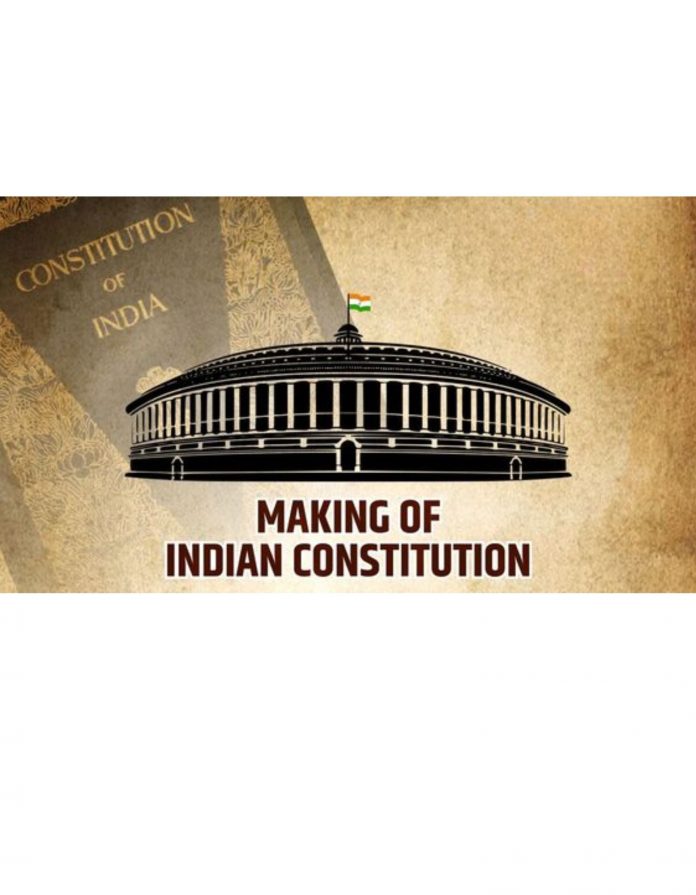Introduction
Indian politics is a fascinating blend of diverse cultures, ideologies, and socio-economic backgrounds. With its rich history and vibrant democracy, India’s political landscape is a complex tapestry that plays a pivotal role in shaping the nation’s trajectory. At the heart of this dynamic system lies the electoral process, a cornerstone of Indian democracy. In this blog, we will delve into the fundamental aspects of Indian politics and the electoral process that drives it.
- Diversity and Pluralism in Indian Politics:
India is a land of diversity, home to various religions, languages, and cultures. This diversity is reflected in its political landscape, where numerous parties and ideologies coexist. Major national parties, such as the Indian National Congress (INC) and the Bharatiya Janata Party (BJP), represent contrasting ideologies, while regional parties cater to specific states and local concerns. - The Structure of Government:
India follows a federal parliamentary democratic system. The President of India is the head of state, while the Prime Minister is the head of government. The Parliament consists of two houses: the Lok Sabha (House of the People) and the Rajya Sabha (Council of States). The Lok Sabha members are directly elected by the people, and the Rajya Sabha members are elected by the state legislatures. - The Electoral Process:
The electoral process in India is a multi-stage affair that includes general elections to the Lok Sabha, state legislative assembly elections, and local body elections. General elections are held every five years, and voters elect representatives to the Lok Sabha using the First-Past-The-Post (FPTP) system, where the candidate with the most votes wins. - The Role of the Election Commission:
The Election Commission of India (ECI) is an autonomous body responsible for overseeing the electoral process. It ensures free and fair elections by supervising the registration of political parties, updating voter lists, monitoring campaign finances, and enforcing the Model Code of Conduct. - Voter Registration and Identification:
The strength of Indian democracy lies in its vast voter base. Citizens aged 18 and above are eligible to vote after registering with the Election Commission. Voter identification is facilitated through Voter ID cards, which serve as a crucial document during elections. - Political Parties and Alliances:
Political parties play a pivotal role in Indian politics. They formulate policies, contest elections, and work to represent the interests of the people. Often, parties form alliances with other parties to create broader coalitions, especially during general elections, to strengthen their chances of forming a government. - Campaigning and Media Influence:
Election campaigning in India is a lively affair, involving rallies, speeches, and media outreach. Social media platforms have also become influential in recent years. The role of media in shaping public opinion cannot be underestimated, as it plays a crucial role in disseminating information about candidates and parties. - The Significance of State Elections:
State legislative assembly elections are as crucial as general elections, as they determine the leadership and policies within individual states. These elections often reflect local sentiments and concerns, leading to different parties holding power at the state and central levels.
Conclusion
The Indian political landscape is a fascinating blend of diversity, ideologies, and democratic values. The electoral process is the cornerstone of this vibrant democracy, where citizens exercise their right to choose their representatives. Understanding the basics of Indian politics and the electoral process is essential for appreciating the complexities and nuances that shape the nation’s governance and direction. As India continues to evolve, its democratic principles and political dynamics will remain instrumental in shaping its future.

